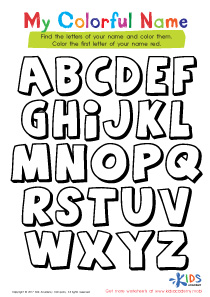Handwriting Skills Grade 3 Letter Recognition Worksheets
10 filtered results
-
From - To
Improve your child’s handwriting and letter recognition with our engaging Grade 3 Letter Recognition Worksheets. Designed specifically for third graders, these worksheets combine fun activities with essential learning skills. Your students will practice their handwriting while becoming familiar with the alphabet, enhancing their understanding of letter shapes and sounds. Each worksheet features clear guidelines and creative exercises that promote both writing practice and letter recognition. Perfect for classroom use or at-home learning, these resources help foster a strong foundation in literacy. Download our handwriting skills worksheets today to support your child's writing journey and promote confident communication skills!
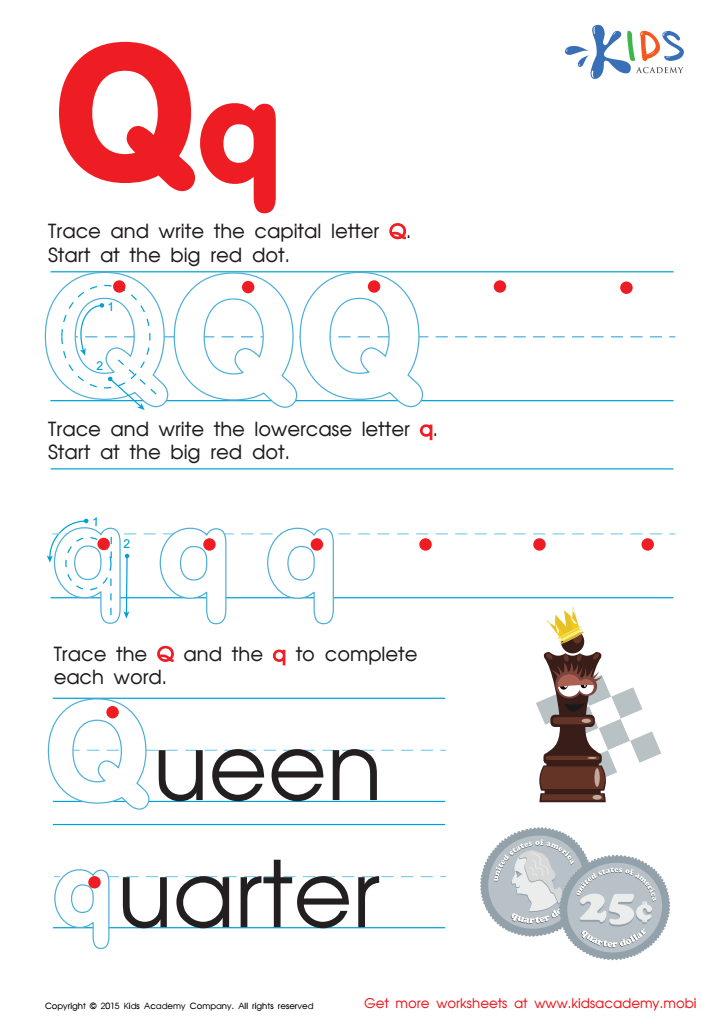

Letter Q Tracing Page
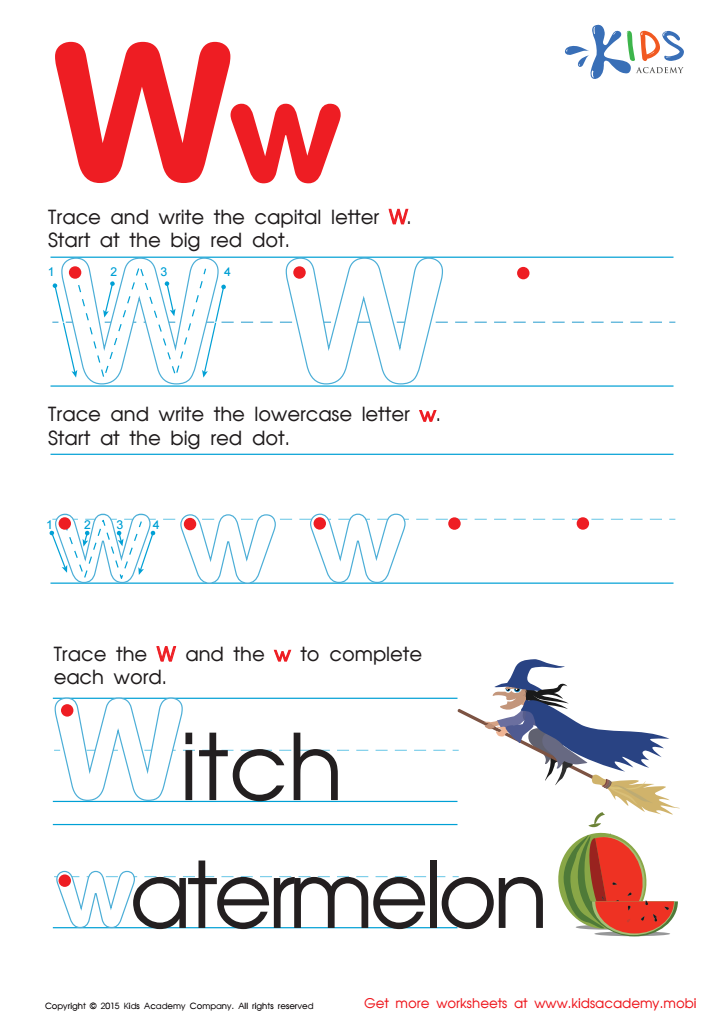

Letter W Tracing Page
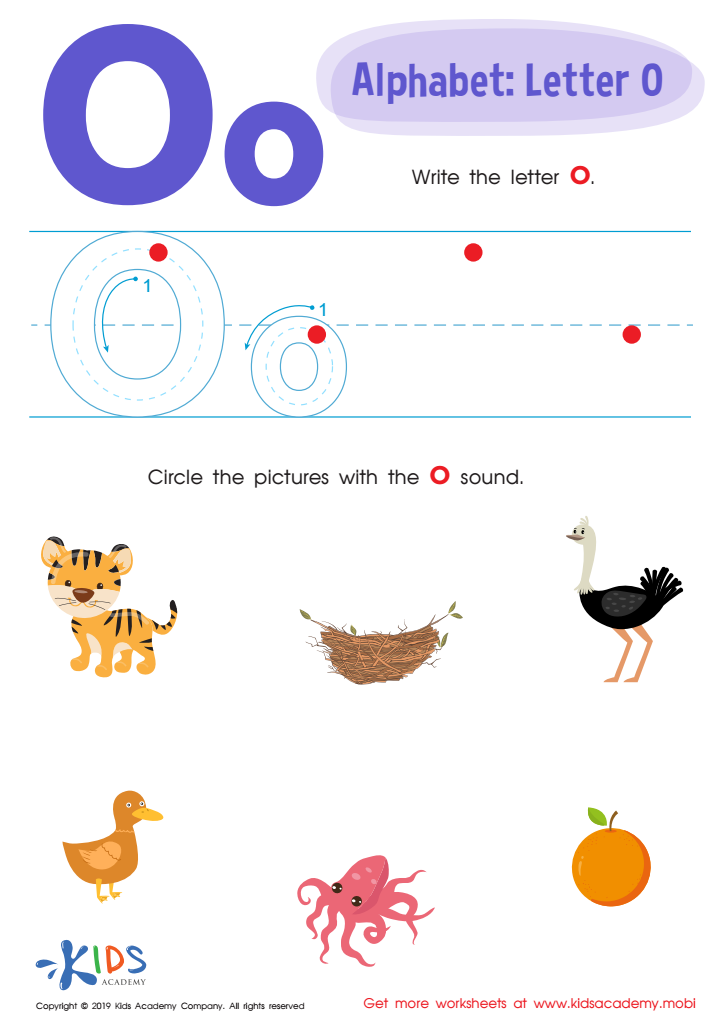

Letter O Tracing Worksheet
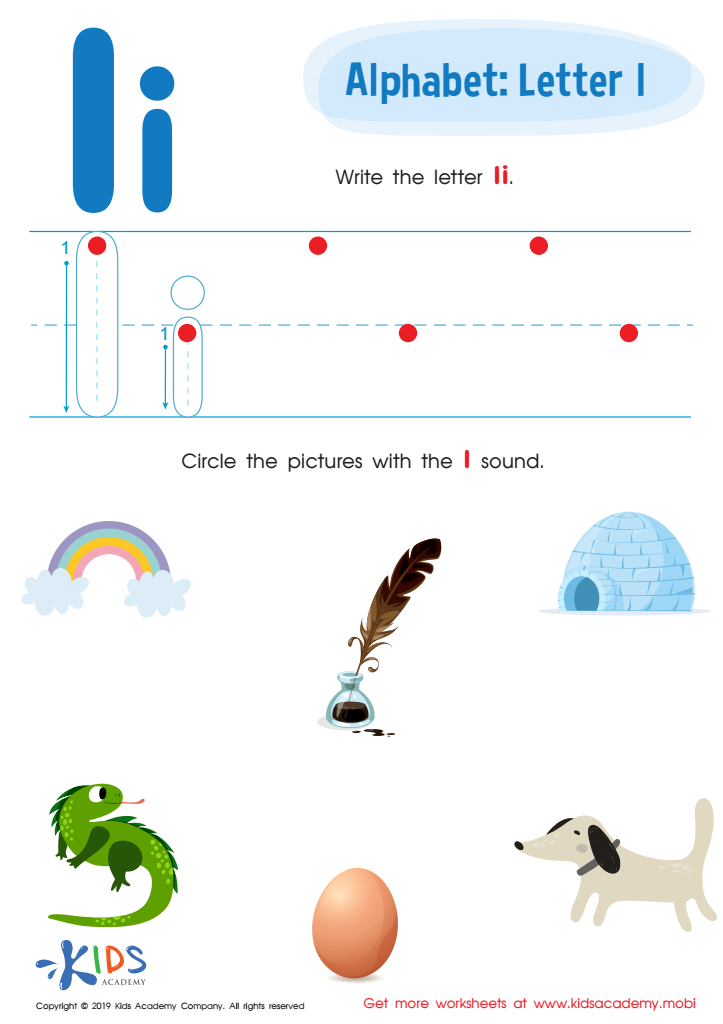

Letter I Tracing Worksheet
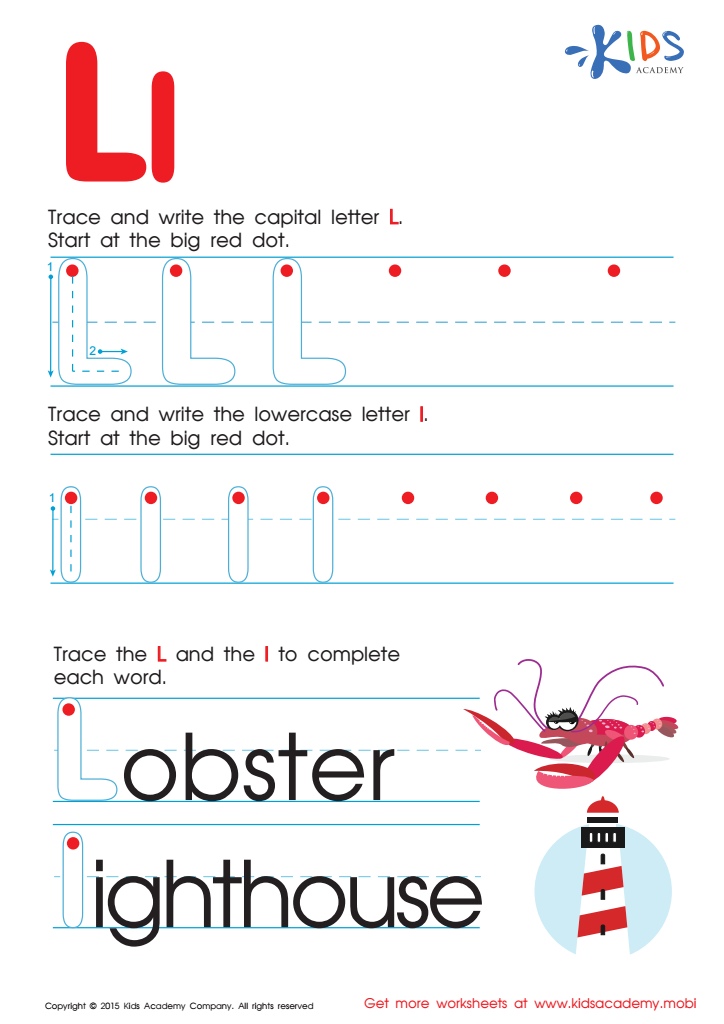

Letter L Tracing Page
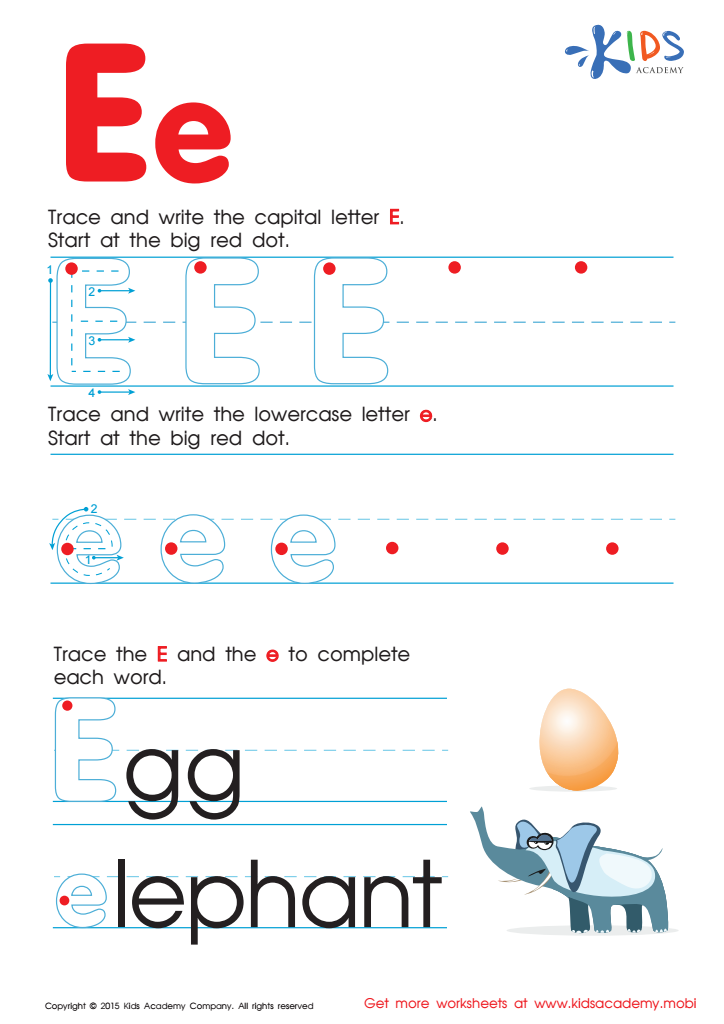

Letter E Tracing Page
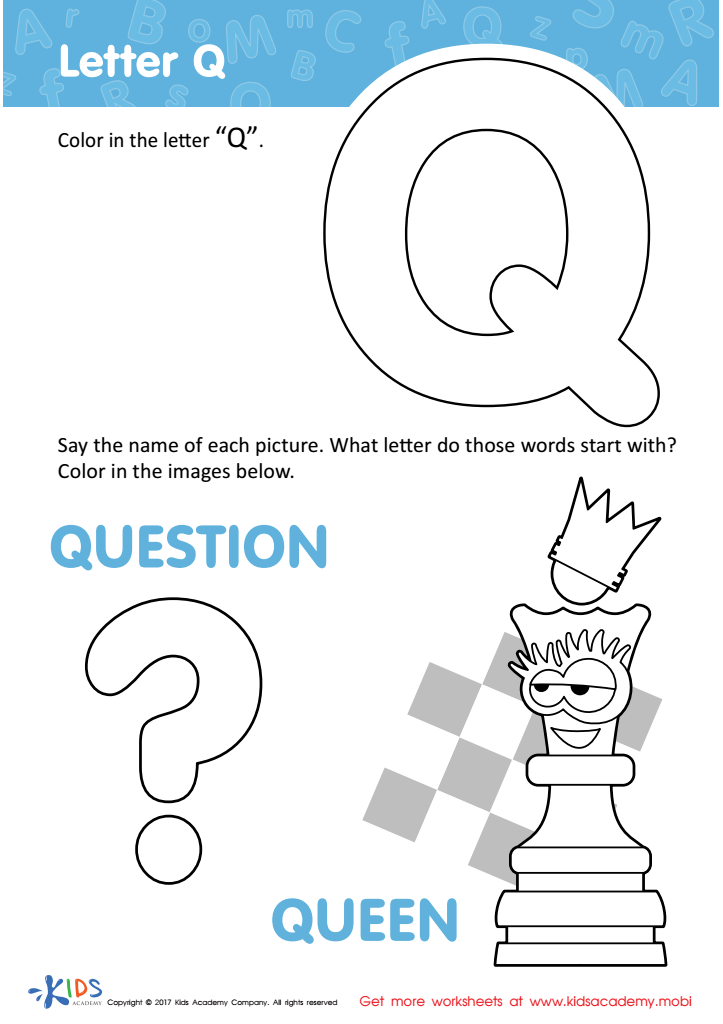

Letter Q Coloring Sheet
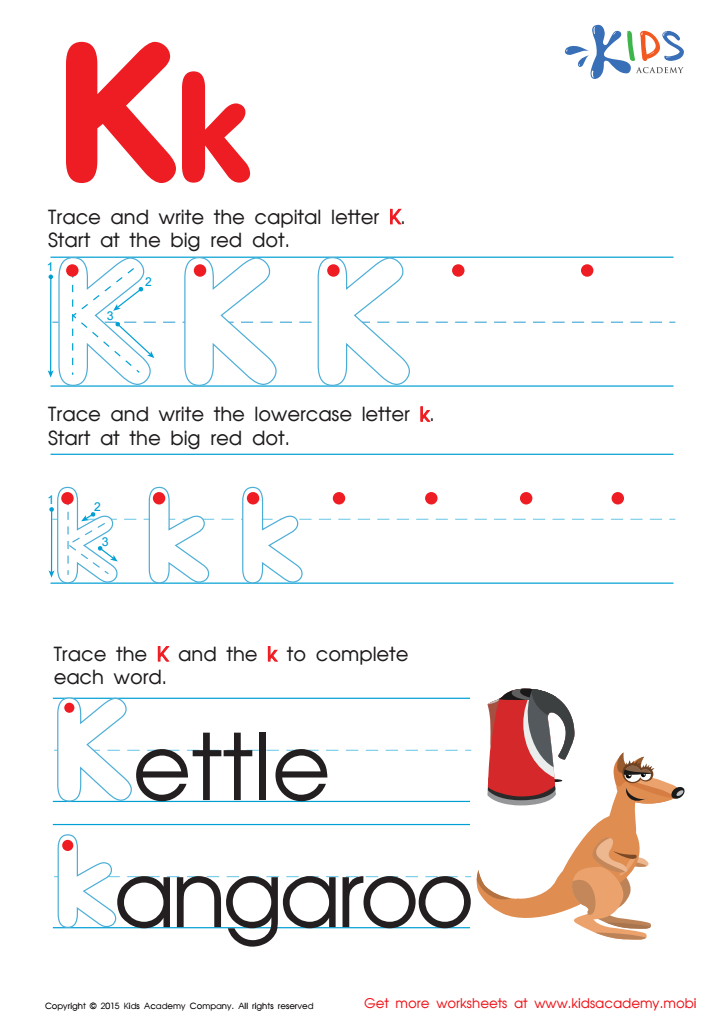

Letter K Tracing Page
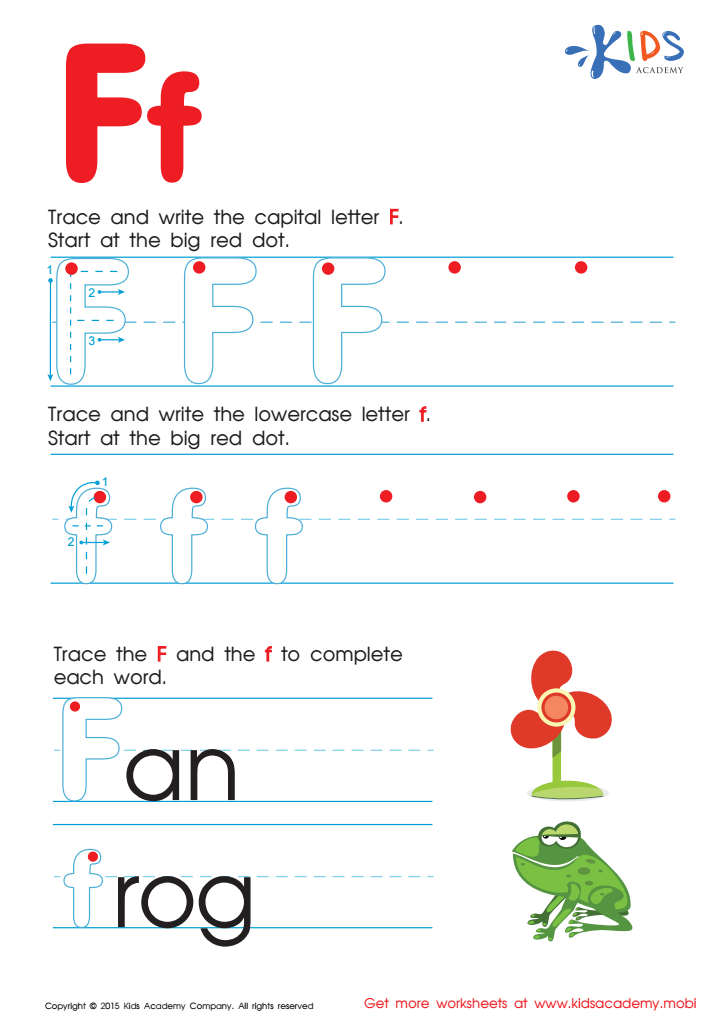

Letter F Tracing Page
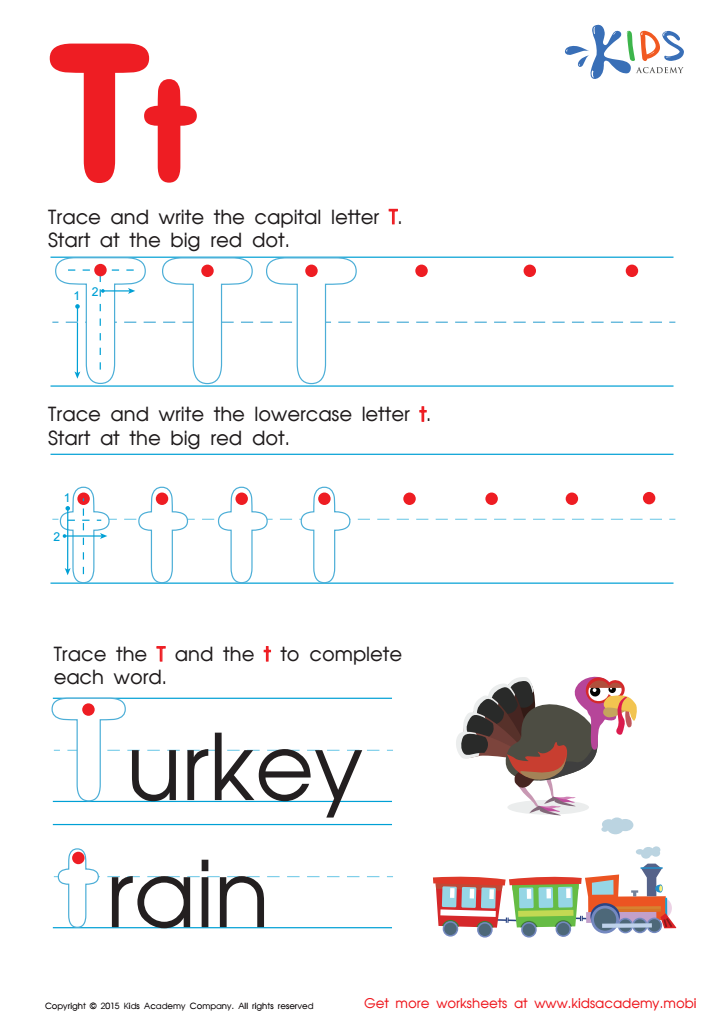

Letter T Tracing Page
Handwriting skills and letter recognition are foundational elements of early literacy, making them essential for third graders' academic development. Parents and teachers should care about these skills because they significantly enhance a child's ability to communicate effectively through writing. In Grade 3, students transition from learning to read to reading to learn; strong handwriting supports this by allowing them to express their thoughts more clearly and increases their confidence in written tasks.
Mastering letter recognition is equally vital. As children refine their abilities to identify and differentiate letters, they sharpen their reading skills, ultimately leading to improved comprehension. This become particularly important as students encounter more complex texts in upper grades. Furthermore, good handwriting promotes better focus and organization, empowering students to produce coherent written works, which translates into better performance across subjects.
Additionally, handwriting skills influence children's motor development and bilateral coordination, essential for countless daily tasks. For parents and teachers, nurturing these skills early can build a robust foundation for lifelong learning. Encouraging handwriting practice, engaging in letter recognition games, and providing constructive feedback can lead to a positive learning environment that prioritizes literacy and overall academic success. Ultimately, investing in these areas benefits children across their educational journeys.
 Assign to My Students
Assign to My Students







